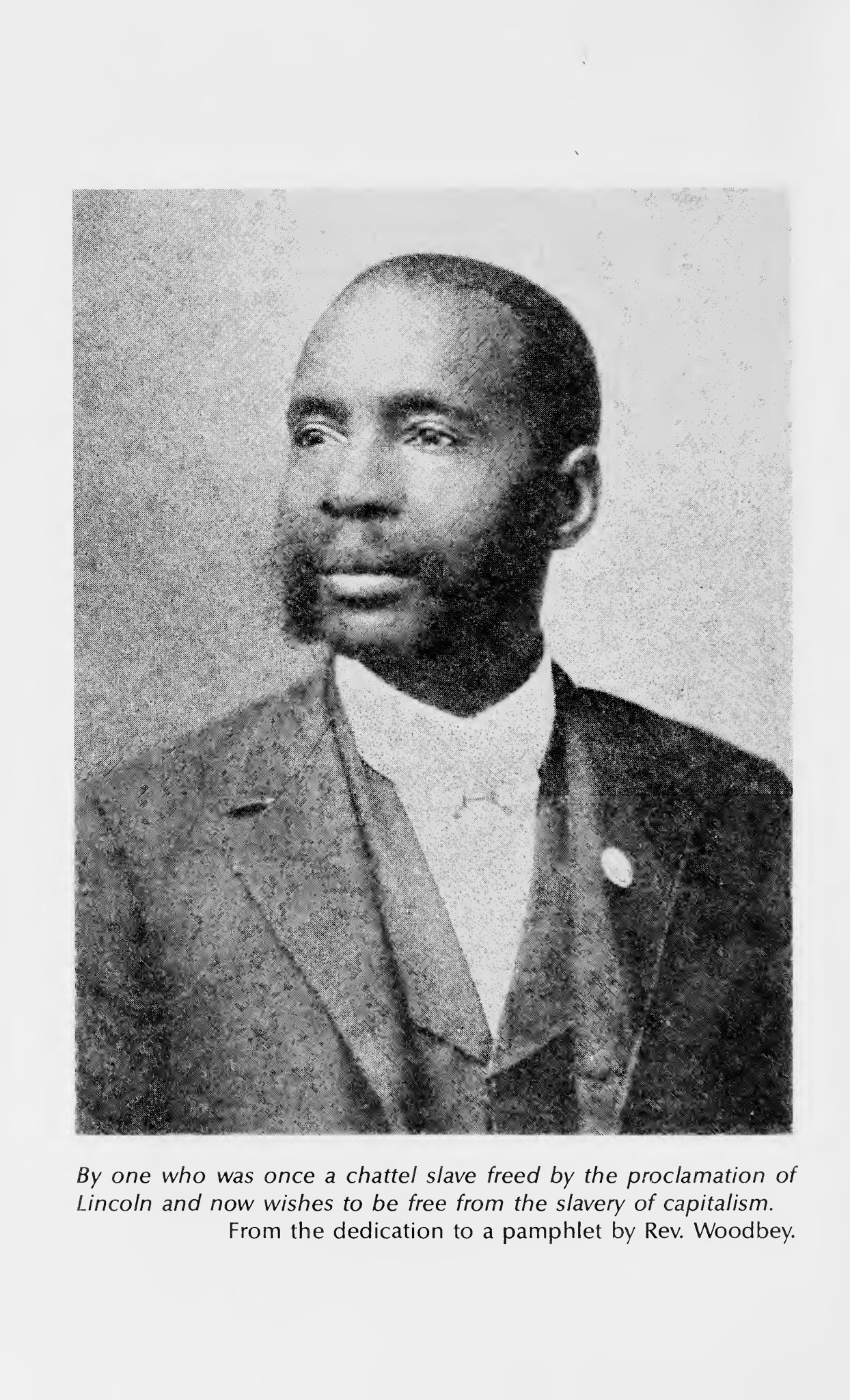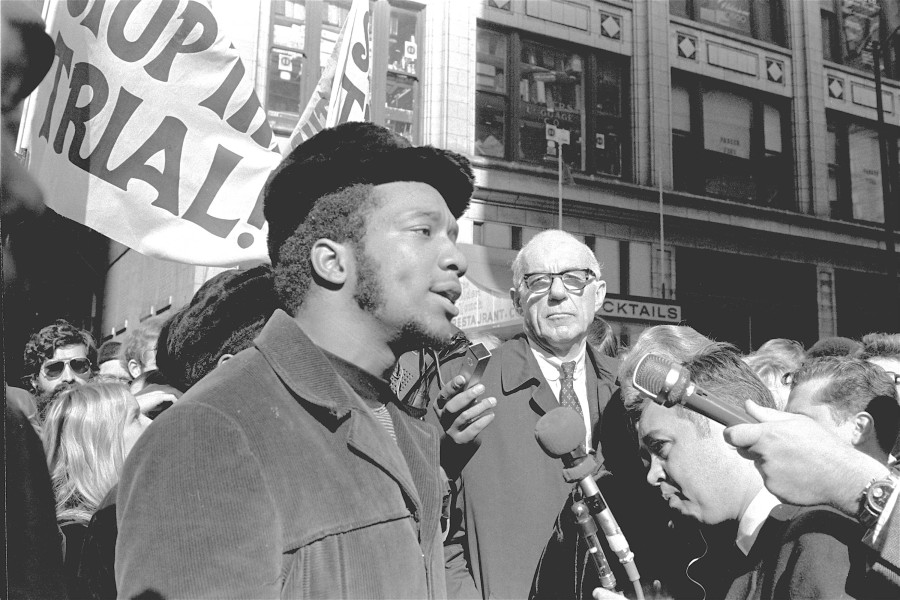
In discussions of Black American activism following the emancipation of enslaved peoples in 1865, historians regularly overlook the prevalence of socialism and other progressive ideologies in shaping Black politics and Reconstruction. One Black American activist who embraced such socialist policies to do precisely this was George W. WOODBEY(1854-1937).
Born into slavery in Johnson County, Tennessee, Woodbey grew up conscious of the systems of oppression against Black Americans. However, it was not until after the Civil War that he entered politics and embraced an unconventional, socialist perspective. Latching onto the beliefs of Eugene Debs and the Socialist Party, Woodbey crafted a belief system that stressed socialism as the solution to the racism experienced within a post-slavery society. As is indicated in his novel, Black Socialist Preacher, he emphasized the necessity of eradicating “the watchdogs of capitalism”: the police. Altogether, George Woodbey was a highly influential Black socialist whose work inspired various other Black American activists and thinkers. Chiefly, his advocacy demonstrates how the African American political tradition employed socialism as a tool for tackling issues of race and labor exploitation.
FURTHER READING
George Washington Woodbey, George W Stater, and Philip Shelden Foner. 1983. Black Socialist Preacher: The Teachings of Reverend George Washington Woodbey and His Disciple, Reverend G.W. Slater, Jr. San Francisco: Synthesis Publications.
Heideman, Paul. 2018. Class Struggle and the Color Line: American Socialism and the Race Question 1900-1930. Chicago, Illinois: Haymarket Books.
Leave a Comment









